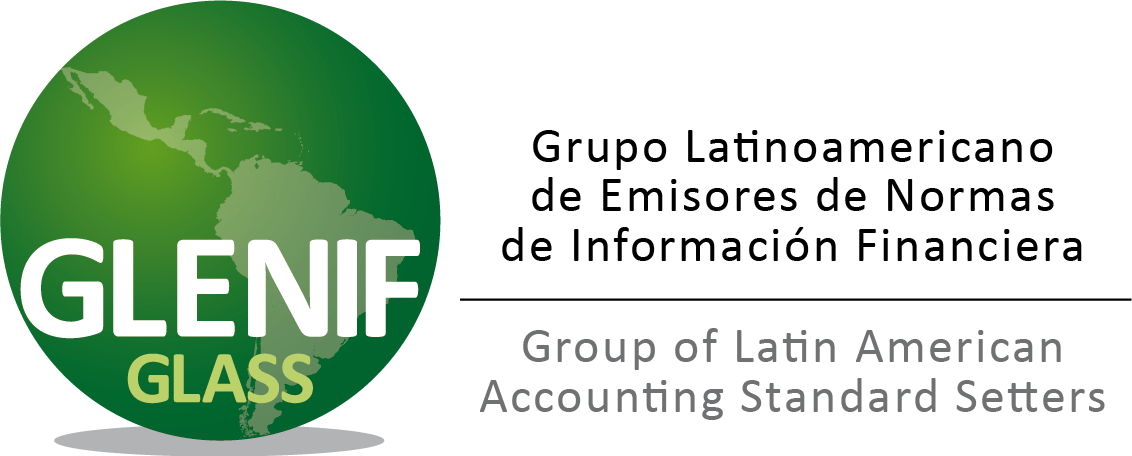By Bianca Sampaio with information from the IFRS Foundation
Social Communication
The International Sustainability Standards Board (ISSB) published Exposure Draft IFRS S2 Climate-related Disclosures in March 2022, to integrate and develop the recommendations of the Task Force on Climate-Related Financial Disclosures (TCFD) and incorporate disclosure requirements based on the industry, derived from SASB Standards.
The ISSB has returned to deliberate on the proposals after considering feedback on the exposure draft. On June 26, 2023, the ISSB issued IFRS S2 Climate-related Disclosures.
IFRS S2 requires an organization to disclose information about climate-related risks and opportunities that is useful to users of general-purpose financial reports in making decisions about providing resources to the organization.
The standard is effective for annual periods beginning on or after January 1, 2024, with earlier application permitted, provided that IFRS S1 – General Requirements for Disclosure of Sustainability-related Financial Information Reporting is also applied.
In particular, IFRS S2 requires an organization to disclose information that enables users of general purpose financial reports to understand specifically about the following concerning climate-related risks and opportunities:
– the governance processes, controls and procedures that the organization applies to manage and supervise them;
– the organization’s strategy for managing them;
– the processes the entity uses to identify, assess, prioritize and manage them, including whether and how these processes are integrated with and inform the entity’s overall risk management process; and
– the entity’s performance, including progress towards any defined climate targets that must be met by law or regulation.
The ISSB standards were developed to ensure that companies provide sustainability-related information alongside financial statements, in the same reporting “package”. Designed to be used in conjunction with any accounting requirements, these regulations are based on the concepts that underpin the IFRS accounting standards, which are required by more than 140 jurisdictions.
Both will help build confidence in companies’ sustainability disclosures to inform investment decisions. This support demonstrates the widespread demand for a consistent understanding of how sustainability factors affect business prospects.
